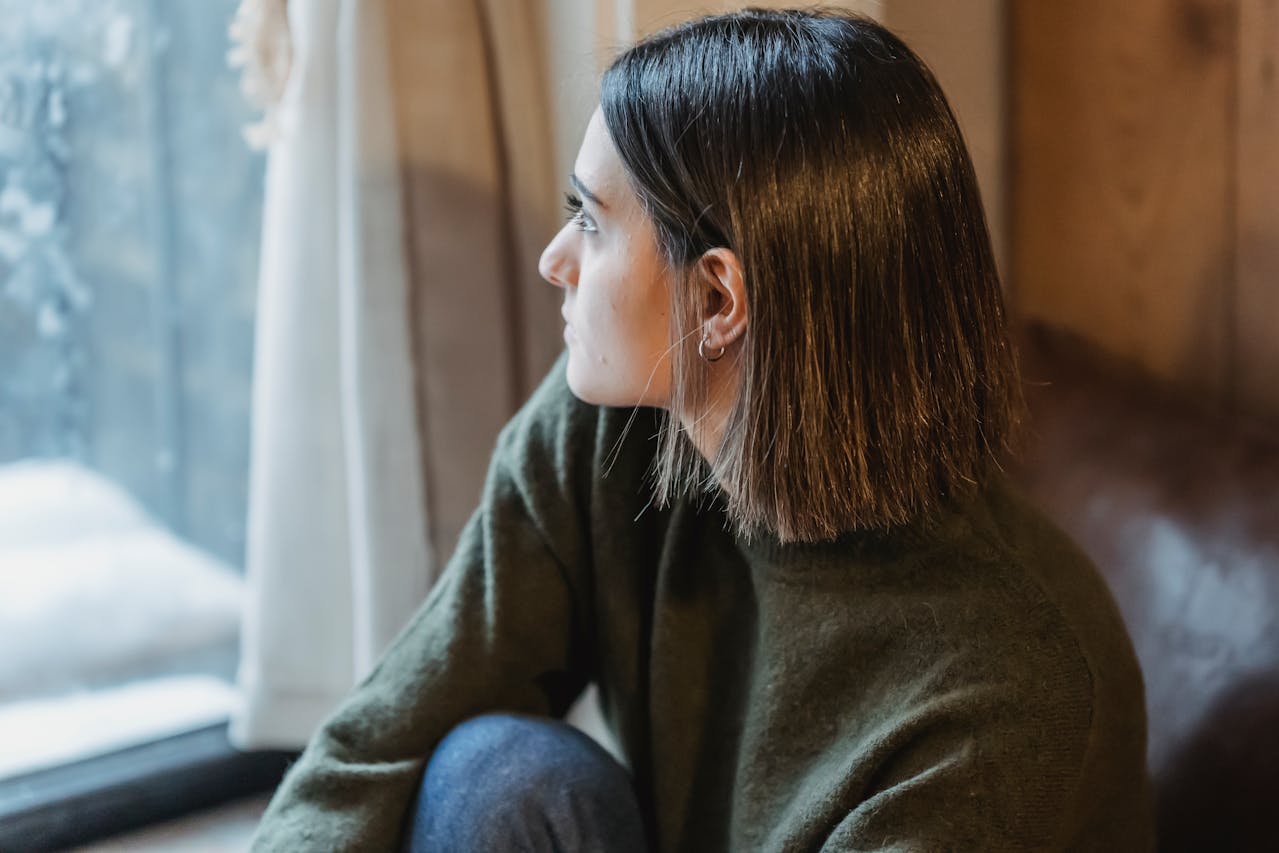Anxiety: Reducing uncertainty or reminding yourself that you can be capable
in the face of uncertainty?
Uncertainty about the future makes humans edgy enough. We live in perpetual fear despite being the safest people in history, by and large, even if the current global, political situation has been spelling trouble more and more of late. This causes what Harvard-trained sociologist and New York Times – bestselling author, Martha Beck calls the “anxiety spiral.” Due to the negativity bias, our attention preferentially goes to things that make us anxious. We pay more and more attention to things like the media or online algorithms. These, in turn, feed back to us what gets the most attention, and it’s usually anxiety. Anxiety is thus part of the challenge of being human. Generally we cannot stop the initial anxious feeling inside us once we have been triggered – and looking at it as a problem to solve is largely unhelpful. The more helpful mindset is: this is a feeling to learn to tolerate; how can I build skills to manage it?
There’s two things people often do that actually maintain their anxiety:
1.) Avoidance; and
2.) Engaging in what we refer to as ‘safety’ behaviours.
What we know is that we cannot get rid of our feelings – when we have a distressing feeling we have two choices here – we can either ignore our feelings and avoid them or we connect to them. We also know that logic does not work with anxiety. We often try and wish away our discomfort with positive thinking. Avoiding or trying to escape the discomfort only leads to more anxiety in the future. So, what can we do to better understand, accept, and manage such anxiety?

We know that anxiety has its place but when it goes hay wire, we need to have the tools to deal with it with the right mindset. Trying to reduce uncertainty is a natural tendency for us humans – we try to do this for ourselves and we often see parents attempting to do this for their kids too. This makes sense to a certain point – preparing for and for example, researching things or persons prior to important events helps us have a sense of control. But gaining total certainty is usually impossible. That endless search for certainty leads us into an abyss of frustration and sometimes despair, since of course many things are out of our control. A healthy way of looking at anxiety is by thinking of the equation: anxiety equals uncertainty plus our underestimation of our ability to cope. Telling ourselves repeatedly, in the form of a mantra, ‘I’ve been through hard things before and I’ll get through them again’ is better use of our energy than trying to reduce uncertainty.
So instead of the above, we need to build capability in the face of uncertainty. We need to not see anxiety as a problem to solve. The following are 3 steps that are way more helpful to think about and engage in rather than all the avoidant methods mentioned above. Dr Becky Kennedy, clinical psychologist and parenting guru, talks about an AVP strategy in managing anxiety. The three steps involve:
1.) Acknowledge how you feel
2.) Validate your feelings
3.) Permit yourself to feel that way.
Acknowledge – notice and name. I notice my heart is racing ‘something doesn’t feel right inside me’ . Validate – tell yourself a story about why your feelings makes sense. Our feelings love being told that they make sense. Something like “I’m going through a lot at the moment – it makes sense that I don’t feel at my best “. Permit – I give my body full permission to be feeling as it’s feeling, for example: “it’s ok to be feeling this way. I’m allowed to feel this way”.


